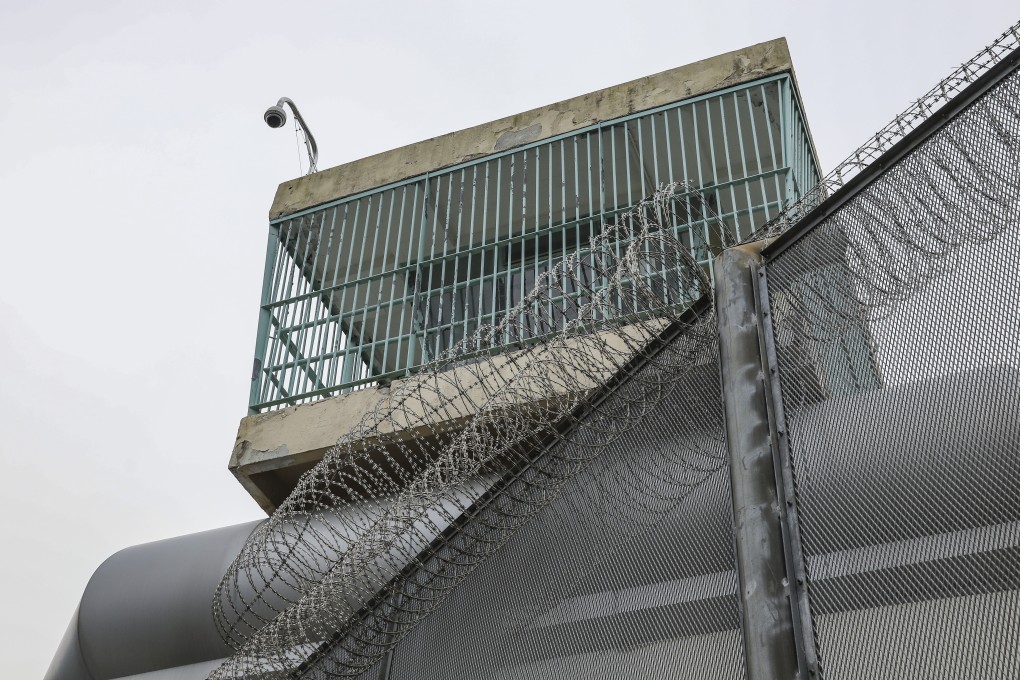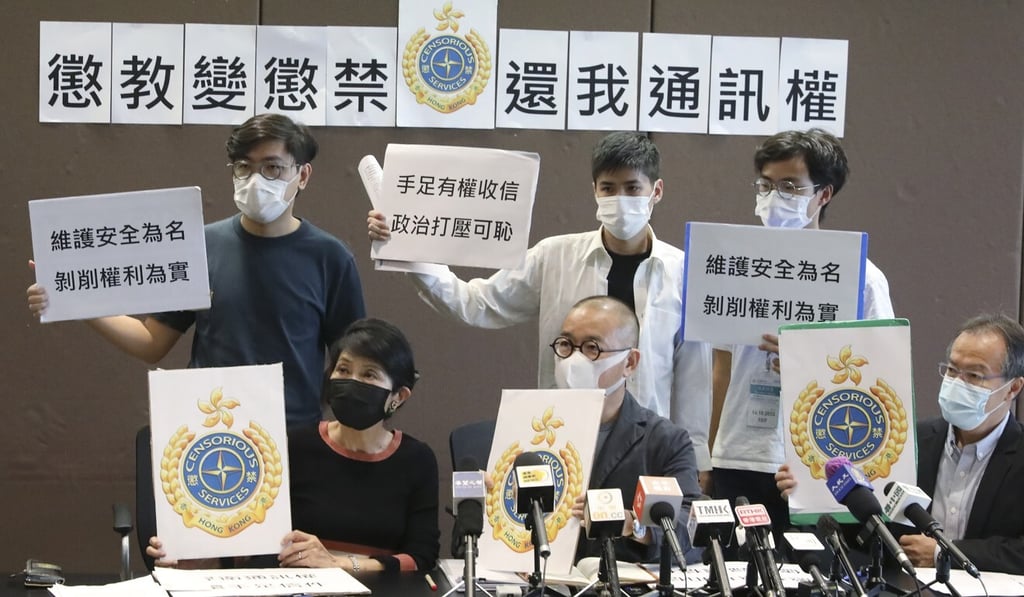Hong Kong opposition figures accuse prison authorities of interfering with mail to and from inmates held over protests
- The opposition members said that inmates jailed in relation to last year’s protests had been denied access to an annual report mailed by a support group
- They also say letters to inmates had disappeared, while others sent from inside had been delayed

Opposition figures said the Correctional Services Department had for months been blocking political books, particularly those about the protest movement, from reaching their imprisoned recipients. Some letters written to the inmates had also gone missing, they added, and the department had denied most requests from Legislative Council and district council members to meet inmates.
“We are worried that they are using political correctness to draw this new red line,” Labour Party lawmaker Fernando Cheung Chiu-hung said in a Wednesday briefing.
“This is unheard of, and is totally unacceptable. We insist that the right to communicate continue. This is basic human rights.”

At the same briefing, opposition lawmaker Shiu Ka-chun said the department had blocked on “security grounds” a report from the 612 Humanitarian Relief Fund that had been sent to the 150 inmates who had received assistance from the organisation.